Florida Business Alliance for Early Learning

Help Make Florida the First State Where Every Child Starts Strong
To make Florida’s workforce the strongest in the nation and home to the most prosperous communities in America, we have to start earlier than we ever imagined. Today’s workforce—and tomorrow’s—depend on access to quality early learning opportunities.
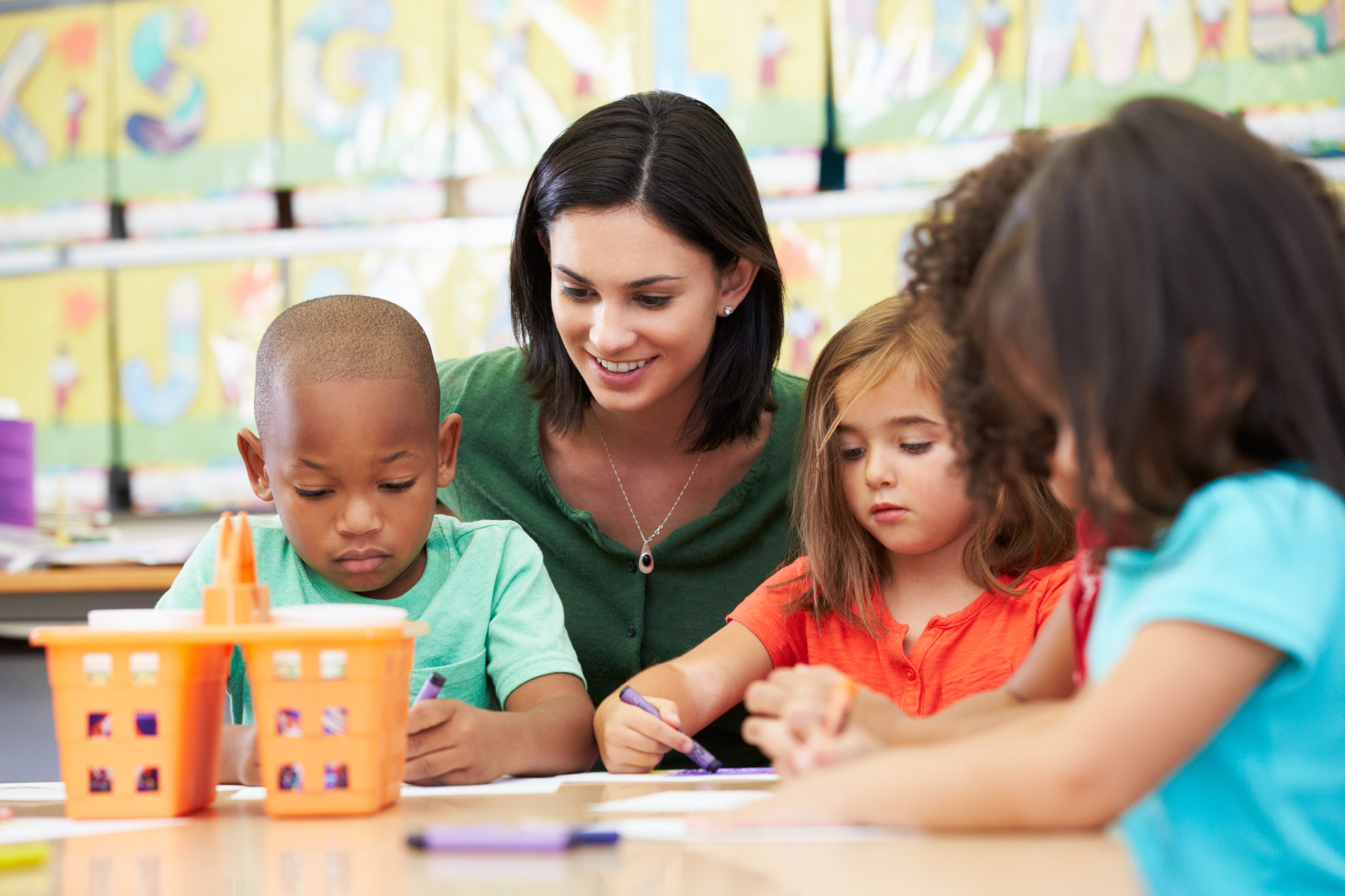

Why Early Learning Needs Business Leadership
Florida employers need a strong talent pipeline
Child Care Issues are the #1 Reason Florida Parents with Children Under 6 Quit
1 in 2 children are not kindergarten-ready nor reading proficiently by 3rd grade.
JOIN THE MOVEMENT
Florida's Early Learning Advisory Board helps drive the vision towards 100% kindergarten readiness and 3rd grade reading proficiency by 2030.
Join These Leading Businesses and Organizations Helping Make Florida #1 in Early Learning & Literacy Outcomes



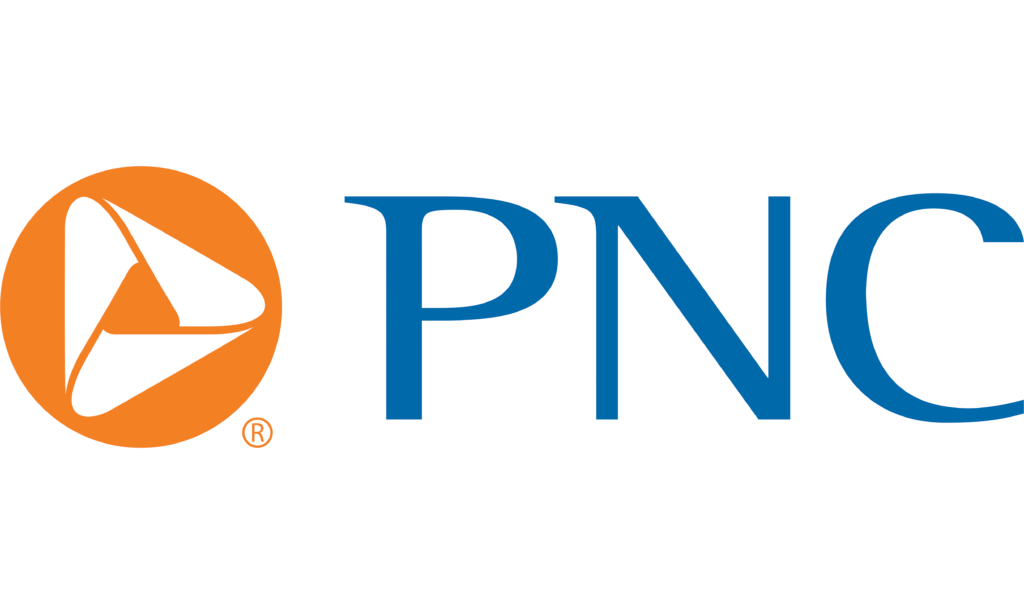
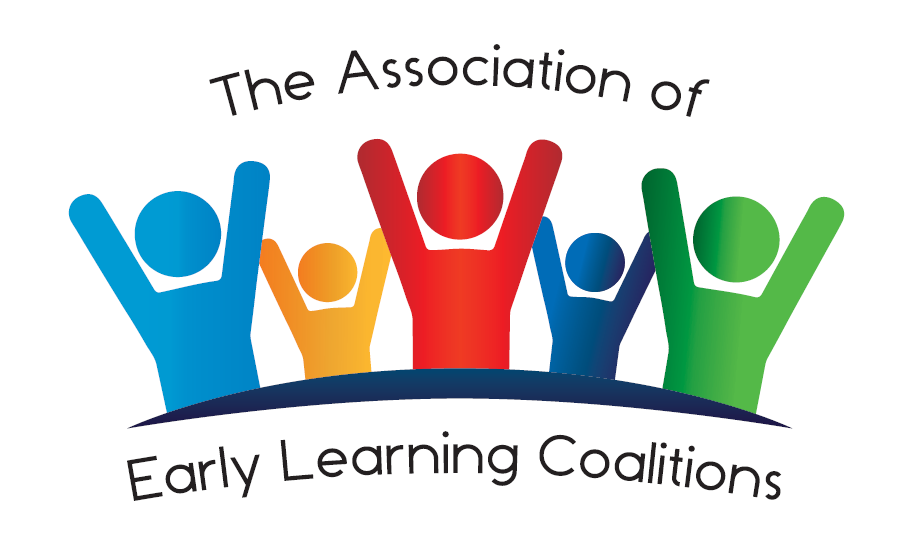


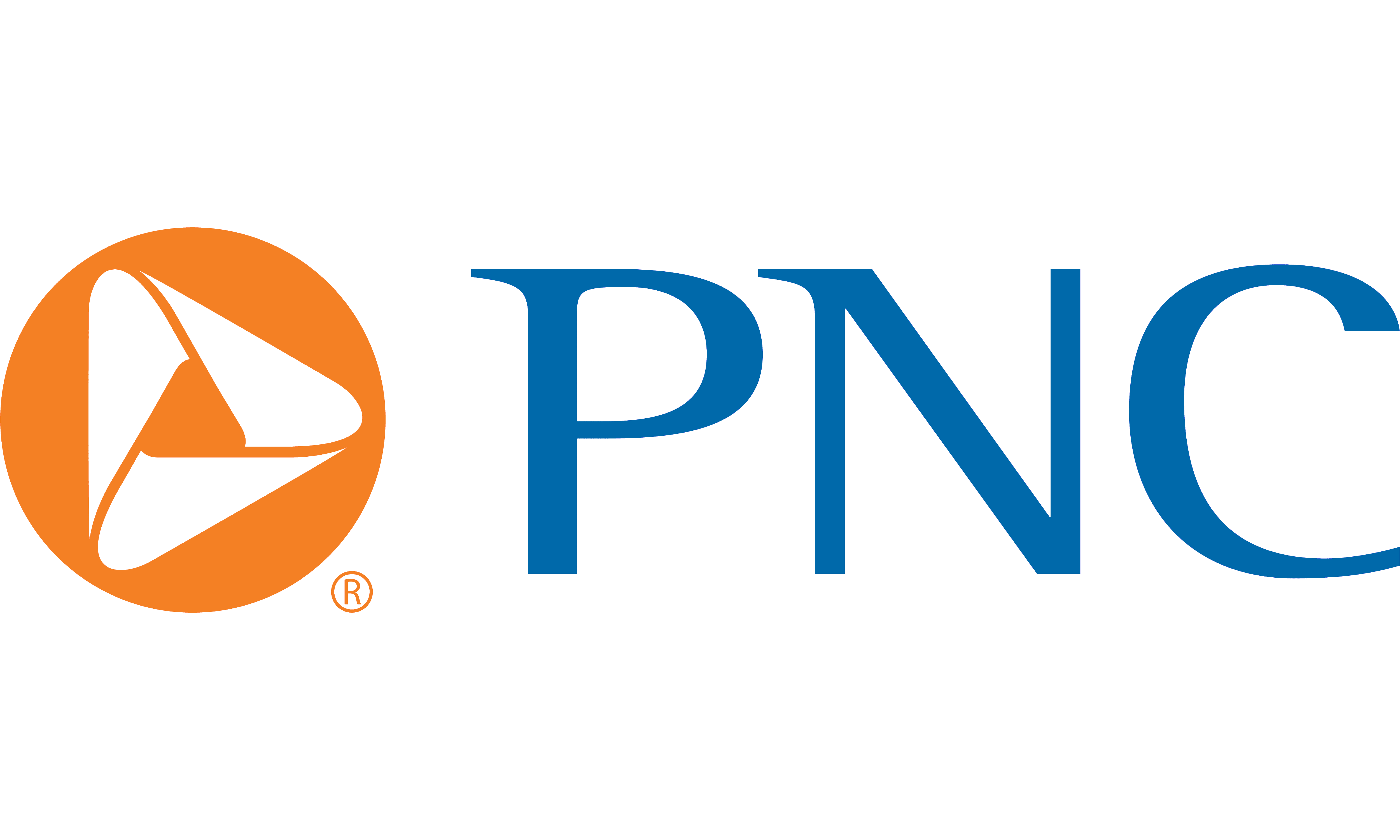




Contact Makayla Buchanan, Director of Early Learning & Literacy

Makayla Buchanan leads the Florida Chamber Foundation’s early learning and literacy efforts and works with our Florida Chamber Foundation’s Business Alliance for Early Learning Advisory Board to make Florida the first state in the nation where 100% of kids enter kindergarten ready and ready on grade level by 3rd grade. She would love to talk to you about how your business can unite with us to reach this goal—feel free to contact her at mbuchanan@flchamber.com.
Thanks to Early Learning Partners, We’ve Analyzed Data and Created Resources to Help Leaders Like You Lead
We're Uncovering Promising Practices to Help YOU Drive Real Results
The Early Learning Insights Podcast lifts up what’s working and helps scale it. From on-site employer child care programs to reading mentorship models, we spotlight Promising Practices from businesses, communities, and educators.
Whether you lead a local business, support families in your community, or champion education as the foundation for Florida’s workforce, you have a role to play in ensuring every child starts strong.
The Business Alliance for Early Learning is a business-led initiative of the Florida Chamber Foundation focused on boosting kindergarten readiness and third grade reading—two of the most powerful predictors of long-term success. With just 51% of Florida children ready for kindergarten and only 55% reading on grade level by third grade, we must act early and act together.
This work brings together employers, policymakers, and community leaders to scale what works—backed by tools like the Florida Scorecard, the Florida Gap Map, and policy solutions already making their way into law. We provide actionable data, real-world models, and employer toolkits to close early learning gaps and unlock every child’s potential.
Business Alliance for Early Learning Advisory Board Member Benefits
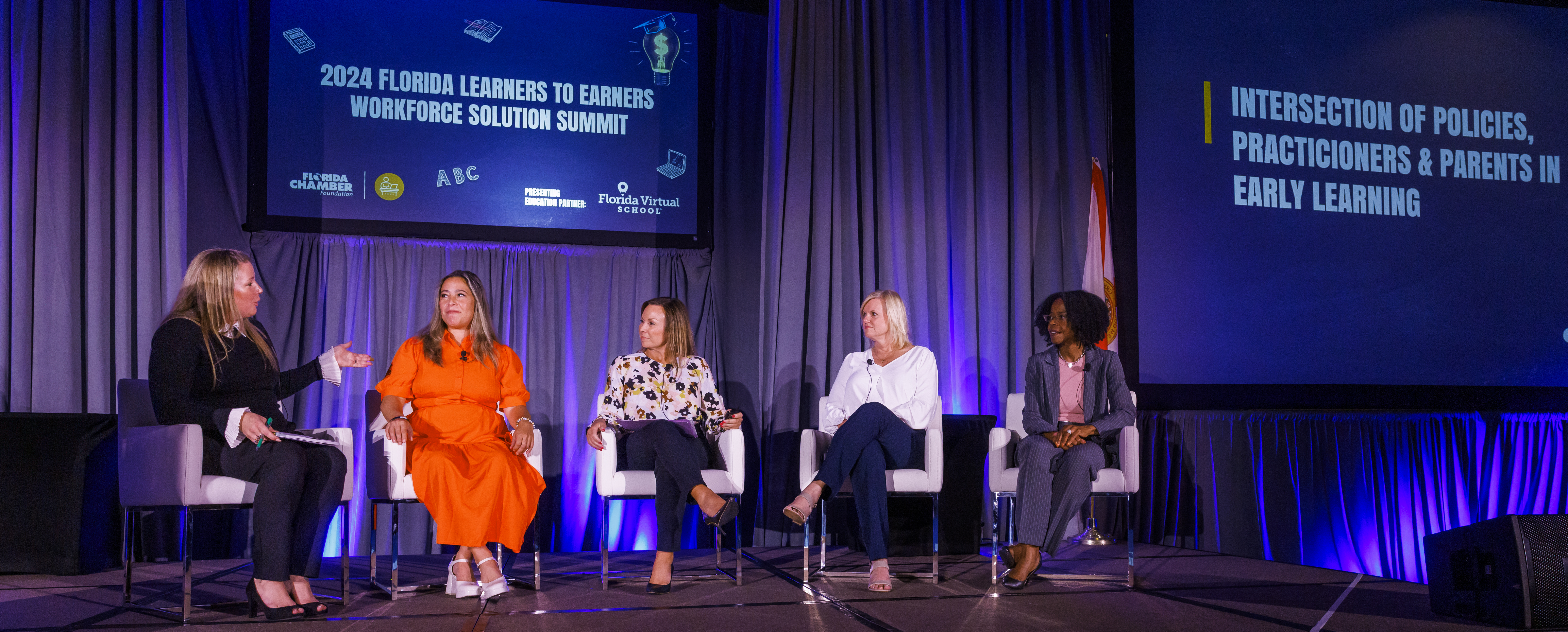
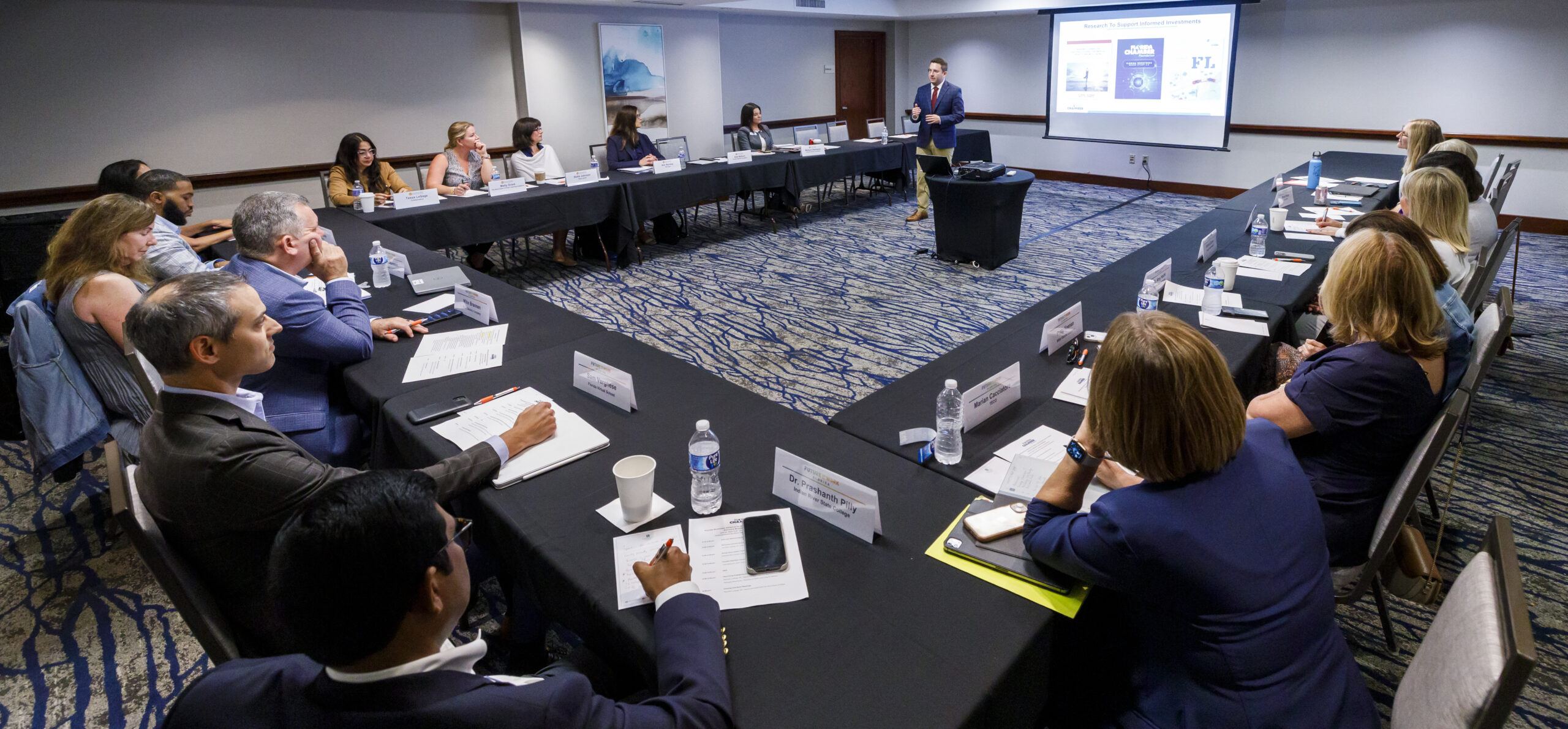
Your investment powers real impact. Whether you're ready to lead statewide change or champion solutions in your local community, we’ll help you plug in with purpose.
Recognition & Visibility
Your leadership is celebrated year-round. From statewide summits and webinars to published reports and our monthly newsletter, your business will be recognized as a key driver of Florida’s early learning progress.
Exclusive Engagement Opportunities
Advisory Board members receive first access to events, podcasts, speaking opportunities, and co-branded tools that position your organization as part of the solution.